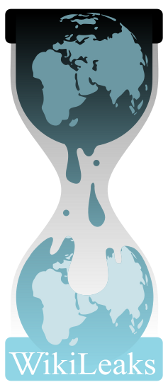
If you look at the criticism leveled at Wikileaks in the wake of “Cablegate” as well as the earlier leaks of the Iraq and Afghan warlogs, it usually boils down to two points, often made at the same time: the leaks don’t tell us anything we didn’t know before and at the same time, they endanger (American) lives. Both are of course fairly opportunistic claims, usually made in bad faith but effective enough they’ve been repeated over and over again with each new round of leaks. So it’s good to learn about a counterexample that disproves both, as it turns out the revelations in the leaked Afghan warlords have made several Dutch judges decided to disallow the expulsion of Afghan asylum seekers.
Normally when judges decided whether or not a given country is safe enough to send asylum seekers back there, they depend on statements given by the ministry of foreign affairs. In the case of Afghanistan however no less than five judges found that Wikileaks’ Afghan warlogs proved that the country was not secure enough to force people to return there. When this became known, it lead to questions in parliament today, as government party CDA found it “remarkable” that judges would sooner trust Wikileaks than their own government, while opposition party PvdA wanted the ministry to start using the Wikileaks revelations in their statements, something the minister said was already going to happen…
So there you have it: positive proof Wikileaks is important.